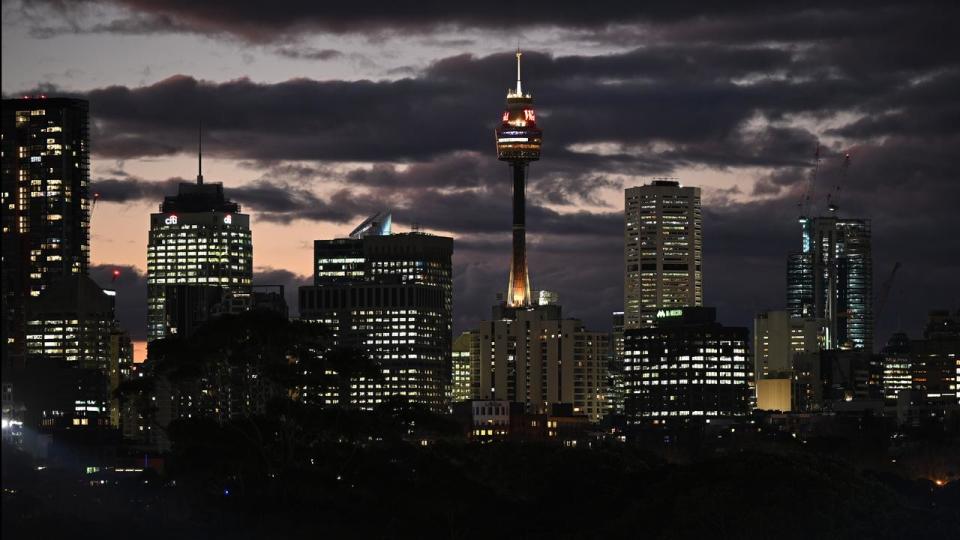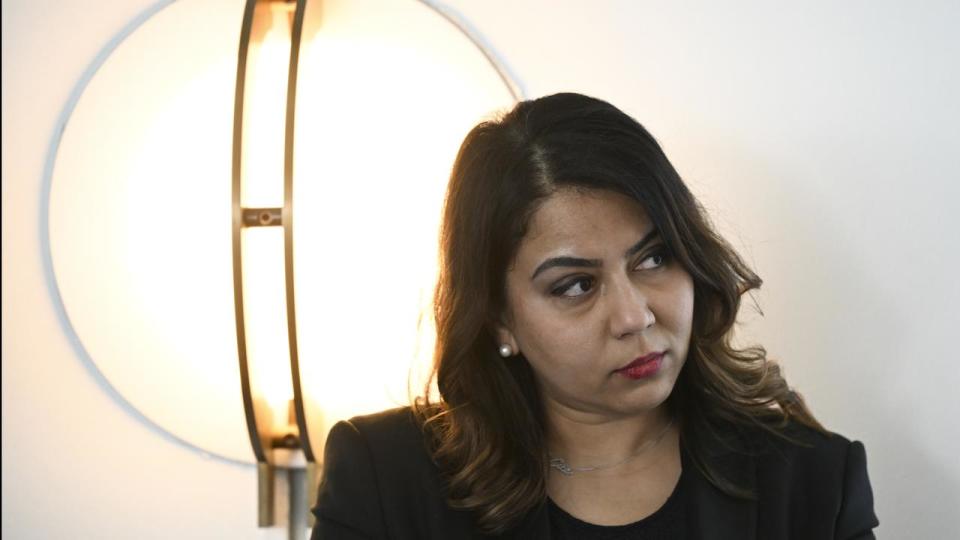Is corporate Australia leaving Asian-Aussies behind?
Australian businesses are being urged to do more to promote Asian-Australian professionals or risk losing them to other countries.
Melbourne University think-tank Asialink is seeking nominations for its annual Asian-Australian Leadership Awards for 2024, an initiative aimed at giving the spotlight to young Asian professionals.
But despite making gains in visibility, Asian-Australians are still massively under-represented in executive and senior-management positions.

Name discrimination - employers judging candidates for roles or promotions based on their name - is one of the biggest factors keeping Asian-Australians from climbing the corporate ladder, according to Asialink CEO Martine Letts.
"People that were looking for replacements were just talking among themselves and their mates," she said.
"The minute somebody sees a name that's either difficult to pronounce or that is clearly foreign, (they think) that they might not fit in."
Just three per cent of senior management positions in Australian businesses are held by Asian-Australians compared to 17 per cent of the population, according to a 2018 report from the Australian Human Rights Commission.
Australian companies also tend to operate largely within Australia, which further contributes to a lack of exposure to Asian perspectives in upper management.
"They don't have an Asian lens in the way they look at things, because they're very comfortable doing what they're doing here," Ms Letts said.
The barriers risk pushing Asian-Australians to seek opportunities overseas at a time when Australia is increasingly looking to form stronger bonds in the Asia-Pacific region, she said.
"There is a better record, particularly in places like Singapore and in Asian countries, and even in the United States."
2023 Leadership Award-winner Mindy Meng Wang agrees, having faced the same challenges in the music industry.
"I wouldn't be given an important role until I'm like four or five times better than others," the Chinese-born composer said.
Ms Meng Wang has collaborated with high-profile Australian artists such as Paul Grabowsky and Regurgitator, as well as international acts like Gorillaz.
She currently resides in England.
While the barriers facing Asian-Australians have existed for decades, Australia experienced a rise in anti-Asian racism during the COVID-19 pandemic.
"During COVID, I had two experiences of being verbally attacked and then someone even pushed me, in a public environment with other people," Ms Meng Wang said.
"It's always there but it's really worse now in Australia."
Fortunately, fellow award-winner Mariam Veiszadeh believes the visibility that Asialink provides is bringing about positive change.
"Shining a light on Asian Australians in this way really helps elevate them in society," the Afghanistan-born lawyer said.

Ms Veiszadeh founded Islamophobia Register Australia and is a board member at Our Watch, an advocacy organisation against gendered and domestic violence.
"Award recognition programs like this one is one of the tools that can contribute to shining a light both on those statistics and those issues," she said.
"But also help create more of a level playing field for people of culturally diverse backgrounds to move into leadership roles."
Nominations for the 2024 awards are open from June 24 to August 3.


